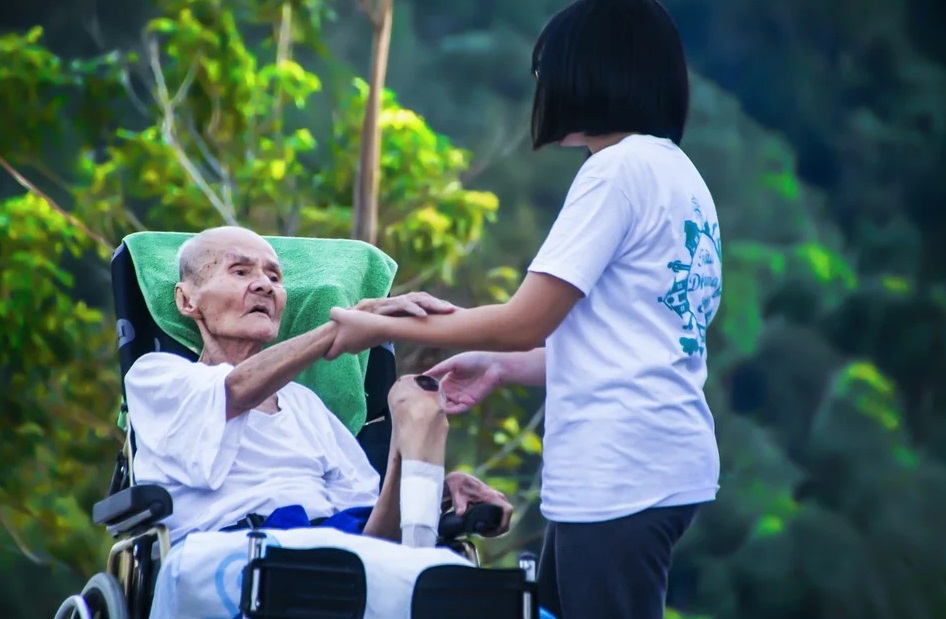Taking Care of an Elderly Parent? Here's What to Prepare

However, providing care to seniors requires a lot of energy, time, and costs. You'll quickly feel overwhelmed and may be pushed to the edge if you fail to realize the scope of the duties you'll be taking on. To provide the best care and be prepared for any emergencies, here are a few tips to help you take care of your elderly parent.
Identify Their Caring Needs
First of all, seniors age differently. You'll need to identify the needs of your elderly parent(s) according to their age and condition. It can be very dangerous to leave an elderly parent suffering from Alzheimer's on their own, even for a few hours. Meanwhile, a senior suffering from mild arthritis, who is otherwise in a perfect mental capacity, can be left to their own accord for the majority of the day. By identifying their needs and, in turn, assessing the time and effort you'll need to spend taking care of them, you'll avoid getting burned out quickly. Be sure to list these needs and wants in a notepad so you can address each need in the following steps.
Be Realistic About How Much You Can Give
There's nothing wrong with knowing your limits. If anything, it's a necessary step in providing the best care for both, your parent and yourself. The average caregiving duties for seniors can very well pass 77 hours per month, will you be able to handle it? Filling your plate with more than what you can handle will only overwhelm you and leave you unable to keep giving care. At the same time, identifying the things you can't do will allow you to explore other options through which you can provide them with the care they need.
Ensure Their Safety at Home
Depending on the care-plan you'll come up with, you'll need to prepare the house accordingly. For instance, if you'll be spending most of your time at work and leave them to their own resources, it's crucial to remove all safety hazards and utilize technology in a smart way. It's very common for seniors to slip and fall, which can easily break their bones or result in fractures. To avoid that, install carpets, remove clutter, install good lighting, and add railings. Meanwhile, the team of medical experts at CPOE recommends through this helpful link using medical alert systems to get notified in case they do slip and fall. Such technological tools are great in tracking their movements, vitals, and health condition, alerting both them and yourself to any emergency situations.
Ease the Financial Pressure
It's no secret that senior care can get expensive in a short span of time. From getting prescription medications to adjusting the house to their needs, you may become overwhelmed with the financial burden you were nowhere near prepared to carry it. This can get worse in case you have your own family to take care of, so it's worthwhile to explore some financial relief options. You'll want to check whether your parent is eligible for government benefit programs like Medicaid or Medicare, or whether you can get paid for being a family caregiver. You can explore more affordable options for getting prescription drugs or look for a private or community-funded program for senior care.
Get Help With Caregiving
You may feel like it's your job to care for your elderly parent. After all, they've spent most of their life selflessly caring and providing for you. However, it all comes down to how much you can realistically give without overwhelming yourself. Sometimes, taking care of them means giving them the care they need, even if you're not the one providing it. If you have other living family members and siblings, consider talking to them about sharing the caregiving duties. Dividing the duties can be a practical option for everyone involved without breaking anyone.

Alternatively, you'll want to consider providing care through specialists. For instance, if you or your family members can't handle the full hours of the caregiving duties, then how about getting a professional caregiver for the timespan when no one is available? On a different note, you can explore other options to keep them entertained and attended at the same time. For instance, enrolling them in an adult day program can be a great option for keeping their social life active and healthy.
Taking care of an elderly parent can be exhausting, but it's surely rewarding. The fact remains that it's not an easy task; you have to be fully aware of their needs, follow up on their medications schedule and physicians' appointments, and provide the care they may be too shy or unaware to ask for. It's worthwhile to understand the full scope of the caregiving duties so you can take care of them the way they deserve.
You should read it
- ★ People with high levels of education are less likely to develop Alzheimer's disease
- ★ Eat grapes daily to prevent Alzheimer's disease
- ★ How to Communicate with an Elderly Parent
- ★ Scientifically proven: Alzheimer's dementia signs are expressed through the retina of the eye
- ★ Long-term use of opioid does not increase the risk of Alzheimer's disease